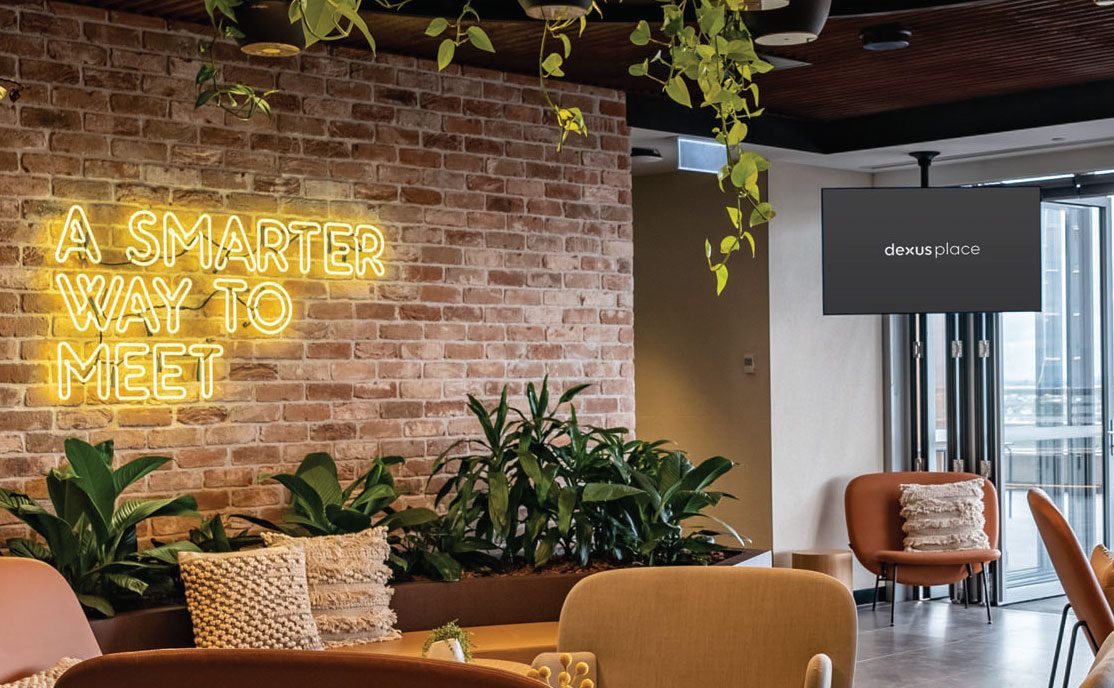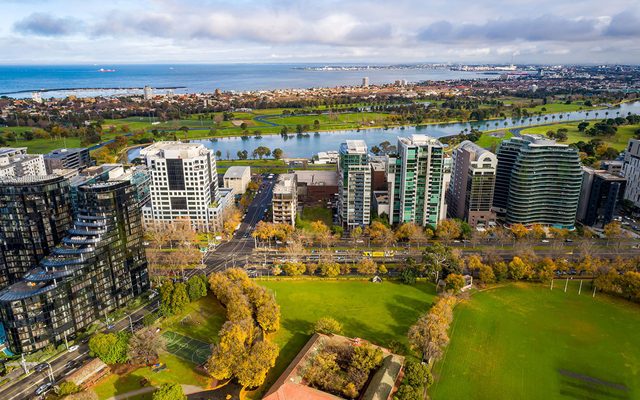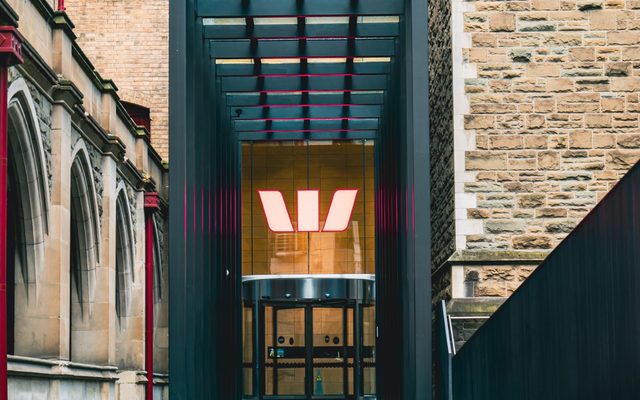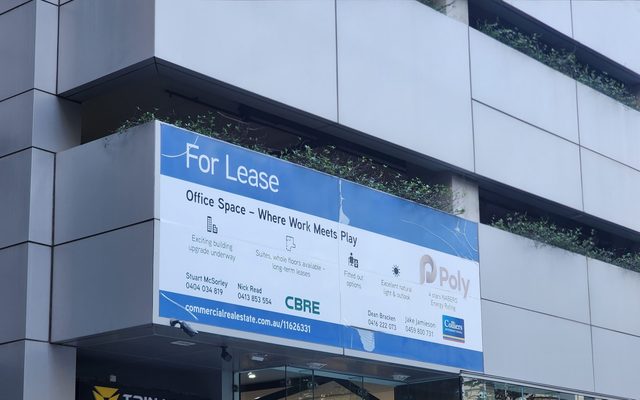This article is from the Australian Property Journal archive
CONTINUED demand for office space combined with tight vacancy rates have helped Dexus’ post a strong $994.2 million interim net profit result.
The result is 36.9% higher than the previous corresponding period due primarily to valuation gains of investment properties. The underlying funds from operations jumped 10% to $350.4 million, due largely to a 12% growth in office FFO to $340.4 million, which offset a 5.5% decline in industrial property FFO to $64.8 million. FFO per security was 31.9 cents, up 1.9% on the pcp.
Dexus also took advantage of the capital markets with funds management business bringing in $33.4 million, up 21.5% on the pcp. Distribution per security of 27.0 cents, consistent with HY19.
CEO Darren Steinberg said urbanisation continues to drive demand for quality space and the growth in pension capital is increasingly chasing the favourable returns that real estate can offer.
“For the first six months of the financial year we have continued to benefit from office occupier and investor demand for quality properties in our core markets, achieving record Melbourne rents and strong asset valuation uplifts.
“Our funds business has seen a significant increase in interest from offshore investors seeking to invest directly in quality office properties. These factors combined with recent transactional evidence and the lower for longer interest rate environment, reinforce our view that there will be further increases in asset values,” Steinberg said.
Moody’s Investors Service corporate finance vice president and senior analyst Saranga Ranasinghe said the result highlights the strength of its diversified portfolio and strong market fundamentals in both Sydney and Melbourne.
“Despite weakness in the broader economy, Dexus benefits from record-low vacancy rates and relative stability in industries such as technology and financial services, underpinning robust demand for office space. The trust’s operating performance and financial metrics remain in line with our expectations,” Ranasinghe said.
At 31 December 2019, 109 of 118 office and industrial assets were externally valued, including 43 offices and 66 industrial properties. Valuation gains were the primary driver of a 5.9% increase in NTA per security to $11.10 at 31 December 2019. The office portfolio weighted average cap rate tightened further to 4.98% from 5.15% in 30 June and the industrial cap rate to 5.78% from 5.92% over the same period.
Executive general manager Kevin George said the office portfolio occupancy remains very high and Dexus continues to capture the upside in the Sydney CBD market, achieving 18% re-leasing spreads this period.
“Up to the end of FY22, we have the opportunity to reset rental levels across 139,677 sqm of vacant or expiring space across our Sydney portfolio, which remains under-rented. This represents approximately 19% of our total office income.
“In Melbourne where prime office vacancy has tightened to a record low of 1.8%, our leasing focus at 80 Collins St has resulted in record rents and set new benchmarks for the Melbourne CBD with metrics exceeding our acquisition underwrite. Six new tenancies were secured across 15,418 sqm, increasing leased space at the South Tower from 63% to 97%, and leaving only one floor available to lease,” he said.
Dexus has secured law firm, Ashurst, at the South Tower currently under development at the 80 Collins St precinct in Melbourne. Ashurst has signed 10-year lease commencing in June 2021 across 4,427 sqm on levels 16,17,18 and part 19 within the 38-level office tower. Six new customers have been secured across 15,418 sqm, increasing leased space at the South Tower from 63% at acquisition to 97%, and leaving only one floor available to lease.
Ashurst Melbourne office managing partner Ross McClymont said: “We are delighted to have signed the lease for our new home at 80 Collins St, and are looking forward to welcoming our people and clients to this exciting next chapter in our long history as part of the Melbourne legal and business community, dating back to 1841. It is a space that will encourage interaction and collaborative work, while providing our clients with the best possible facilities in which to meet and work closely with our lawyers.”
George said the December 2019 quarter has seen increased enquiry levels across a broad range of industries compared to the previous corresponding period.
“We expect that continued solid employment growth in Sydney and Melbourne combined with positive conditions in the business services sector will positively influence occupier demand over the next 12 months,” he added.
Steinberg said these results have been underpinned a diversified expiry profile and fixed annual rental increases of 3.5-4%.
“When combined with our significant development pipeline and strong balance sheet we are well positioned to continue to deliver value for investors over the long term,”
He added that although issues such as the bushfires and the coronavirus have increased uncertainty about the short-term economic outlook, there are reasons to be positive about the white-collar industries which underpin office demand.
“Conditions in the technology, finance and business services sectors are much more positive than in many other sectors, and interest rates are expected to remain lower for longer, supporting investment demand for real estate.
“As a result of progress this period, Dexus upgrades its market guidance for distribution per security growth from circa 5% to circa 5.5% for the 12 months ending 30 June 2020.” Steinberg concluded.




